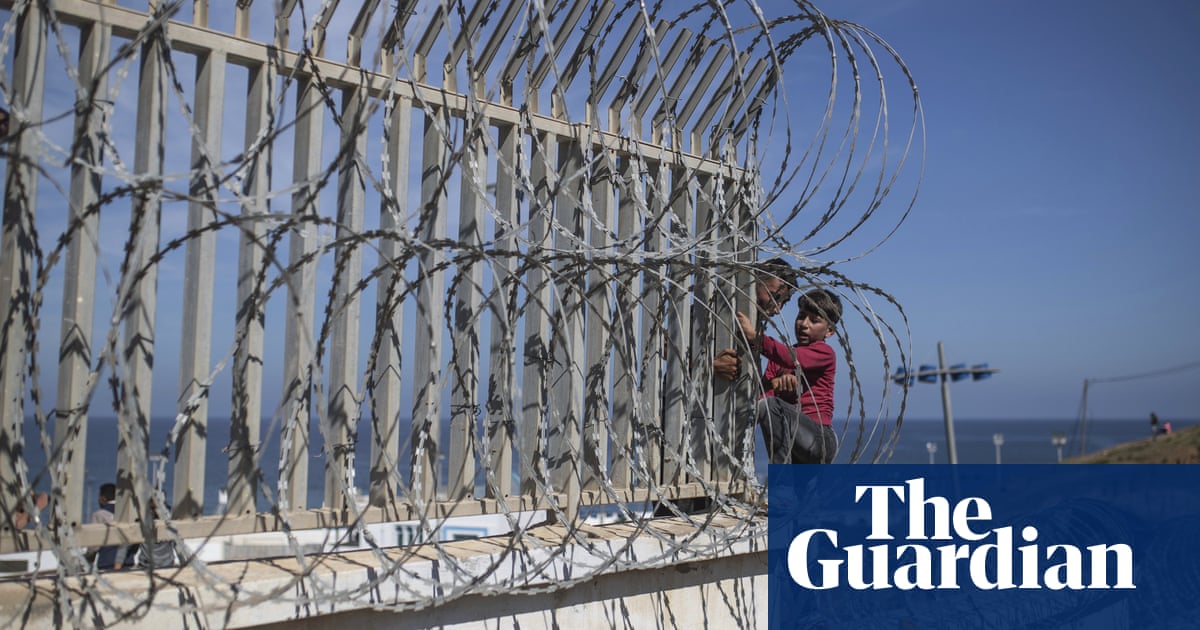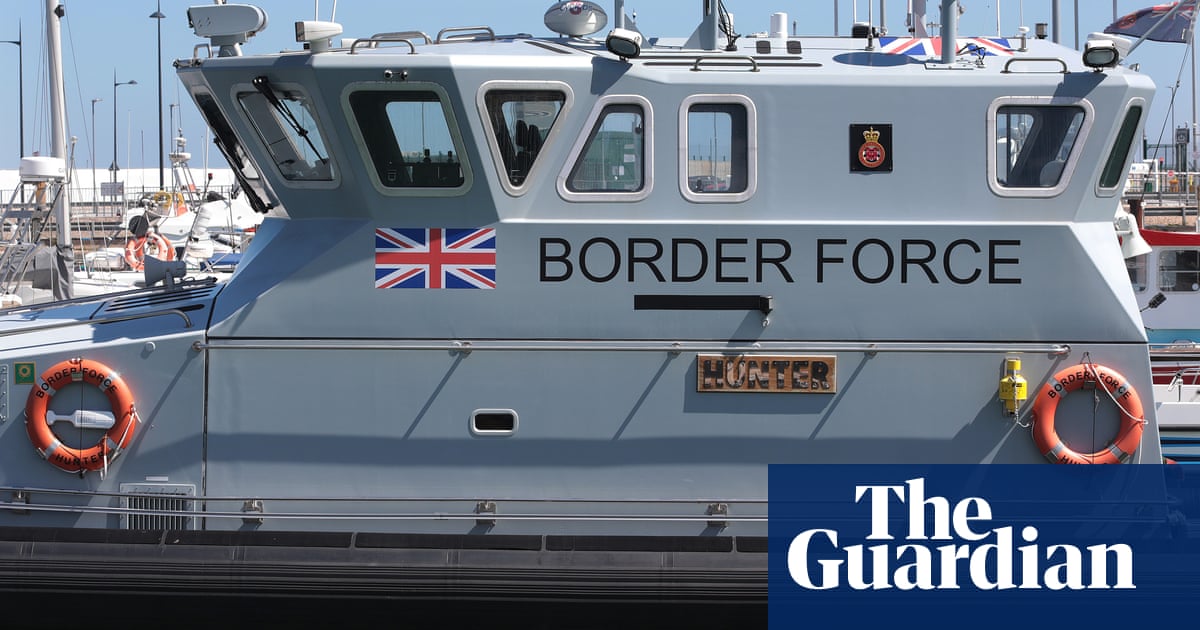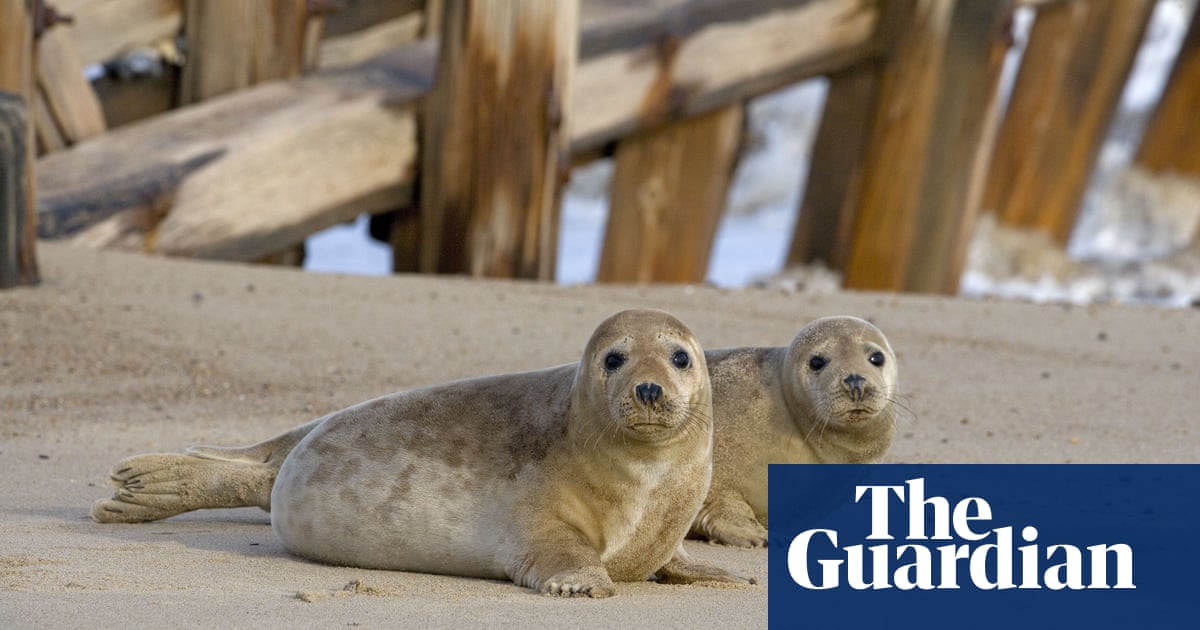
Border Force staff who enact Priti Patel’s plans to “push back” migrant boats in the Channel could be given immunity from conviction if a refugee dies, officials have confirmed.
The home secretary is seeking to introduce a provision in the nationality and borders bill that could give officials legal protections in the event that someone drowns.
Whether the provision, tucked away in an obscure corner of the bill, would actually protect officers from conviction under international maritime laws could be tested in the courts.
Patel is under pressure from Boris Johnson and Conservative party members to stem the rise in the numbers of migrants entering the UK via small boats.
More than 17,000 migrants have done so this year – more than double the number of crossings in 2020.
The stated objectives of the bill, which is at the committee stage, are to make the asylum system fairer, deter illegal entry to the UK and remove people with no right to be in the country.
It also means that anyone arriving in the UK via an illegal route, such as by a small boat across the Channel, could have their claim ruled as inadmissible, receive a jail sentence of up to four years, have no recourse to public funds, and could have their family members barred from joining them.
The Home Office said last month that it was training Border Force guards to push back small boats. Under existing laws, officers would be in danger of being prosecuted if a migrant is in danger or drowns.
Schedule 4A, part A1, paragraph J1 of the bill appears to be an attempt to give officers immunity from conviction . It reads: “A relevant officer is not liable in any criminal or civil proceedings for anything done in the purported performance of functions under this part of this schedule if the court is satisfied that (a) the act was done in good faith, and (b) there were reasonable grounds for doing it.”
The immigration barrister and author Colin Yeo said the provision was not guaranteed to succeed in protecting staff from prosecution under maritime or domestic laws.
“There are two qualifiers in the provision and it is hard to see how it could be reasonable to leave someone to either drown at sea or in a small boat which doesn’t have enough fuel to reach land,” he said.
The UN convention on the law of the sea says that “every state” is required to “render assistance to any person found at sea in danger of being lost”.
They must then “proceed with all possible speed to the rescue of persons in distress”.
The UK implements the duty of rescue in domestic law through the merchant shipping (safety of navigation) regulations 2020.
Home Office sources have indicated that they are seeking to protect Border Force guards from prosecution.
They say that the provision is part of the “new plan for immigration”, which complies with all international obligations, including under the European convention on human rights and the UN refugee convention.
Border Force already has existing powers to intercept boats where facilitation is suspected in UK waters, officials claim.
A Home Office spokesperson said: “As part of our ongoing response to these dangerous crossings, we continue to evaluate and test a range of safe and legal options for stopping small boats.
“All operational procedures used at sea comply and are delivered in accordance with domestic and international law.
“We will fix the broken asylum system through our new plan for immigration, break the business model of people smugglers who put lives at risk and welcome people through safe and legal route.”












